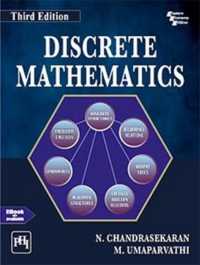- ホーム
- > 洋書
- > ドイツ書
- > Humanities, Arts & Music
- > Religion & Theology
Description
(Text)
(Text)
Today, religion is a complex issue. In Western Europe, the so-called 'Christian heritage' is challenged by both other religious traditions and secular worldviews. It is therefore essential to understand the complexity of religion in different contexts. This volume addresses four questions in this regard: How can we assess religion and religiosity appropriately? What are important markers of religiosity? How does religion affect recent society? How can religion be taught in modern society? By dealing with these questions, the contributions to this volume offer an insight into the state-of-the-art of research on religion and religiosity within the field of religious education on an international level.
(Review)
Mit Understanding Religion haben Riegel, Heil, Kalbheim und Unser nicht nur eine Festschrift vorgelegt, die mit ihrer Liste der Beiträge und ihrem Themenspektrum eine angemessene Würdigung für das Lebenswerk von Hans-Georg Ziebertz darstellt, sondern ihnen ist es auch gelungen, eine Anthologie zur Vermessung des Feldes von Glaube, Religiosität und religiöser Bildung vorzulegen, die einen eindrucksvollen Überblick in die Methoden wie auch Themenfelder empirischer Religionspädagogik heute liefert. Clauß Peter Sajak, in: Theologische Revue 117, August 2021.
(Author portrait)
Ulrich Riegel is Professor for Religious Education within the Seminar of Catholic Theology at Siegen University, Germany. His main research is on both the empirical analysis of religious teaching and learning and the empirical analysis of religiosity. Recent research projects address the process of disaffiliation from the churches and how teachers deal with religious heterogeneity in religious education.Stefan Heil is director of the Institute of Religious Education (Diocese of Würzburg, Germany) and holds an Extraordinary Professorship on Religious Education at the Julius-Maximilian-University Wüurzburg, Germany. His main research interests are professionalism and habitus of teachers, qualitative empirical methodology and hermeneutics, competence-orientated teacher -training.






